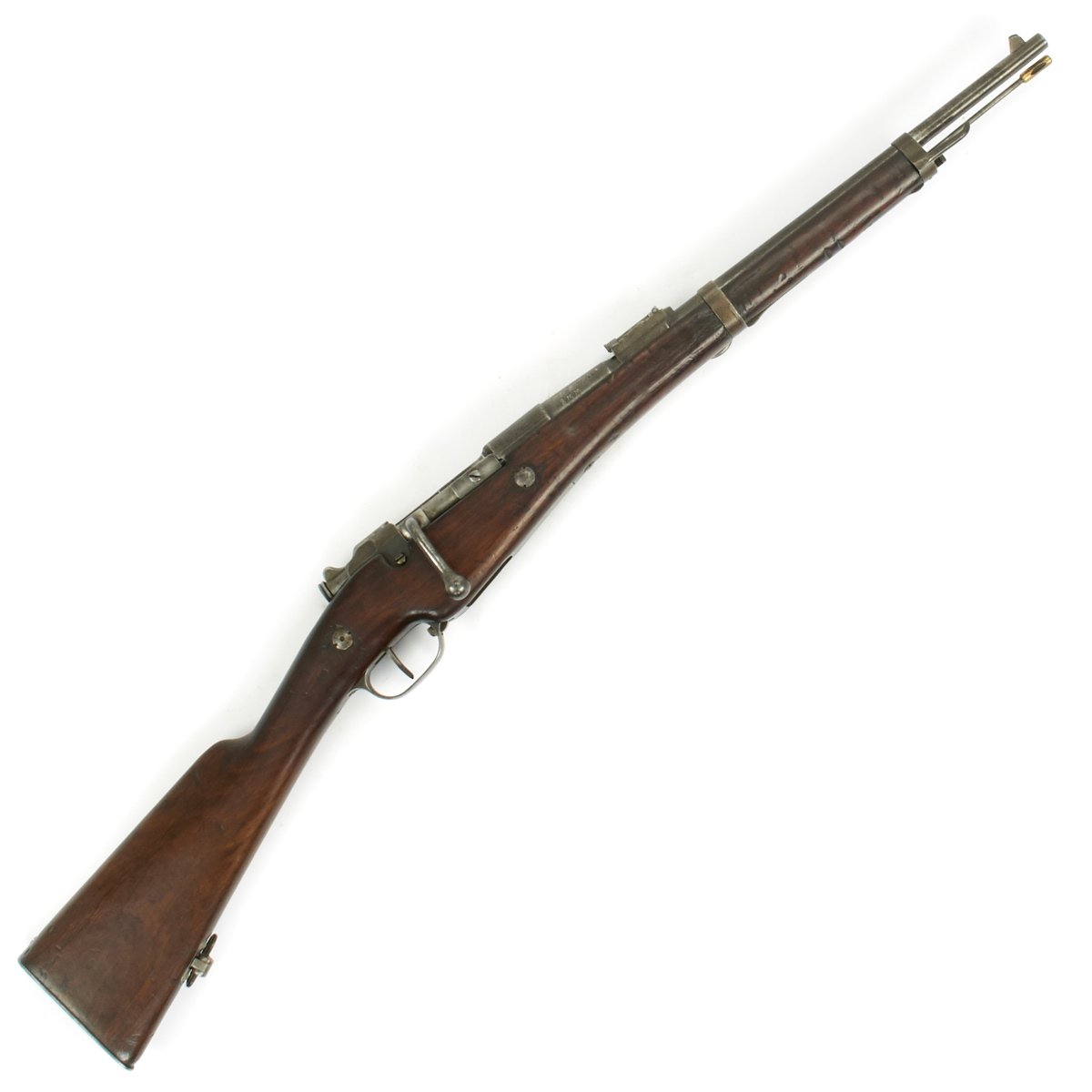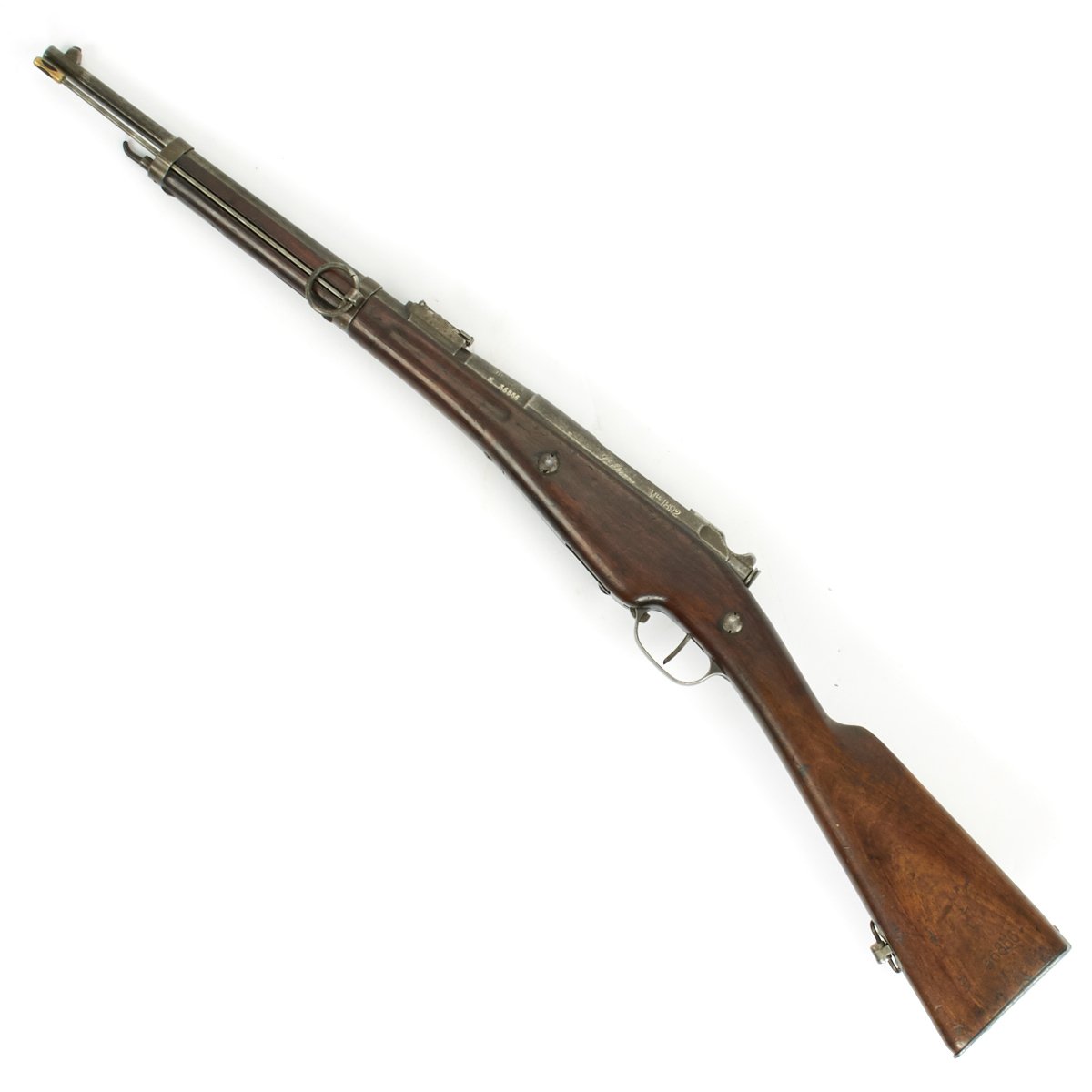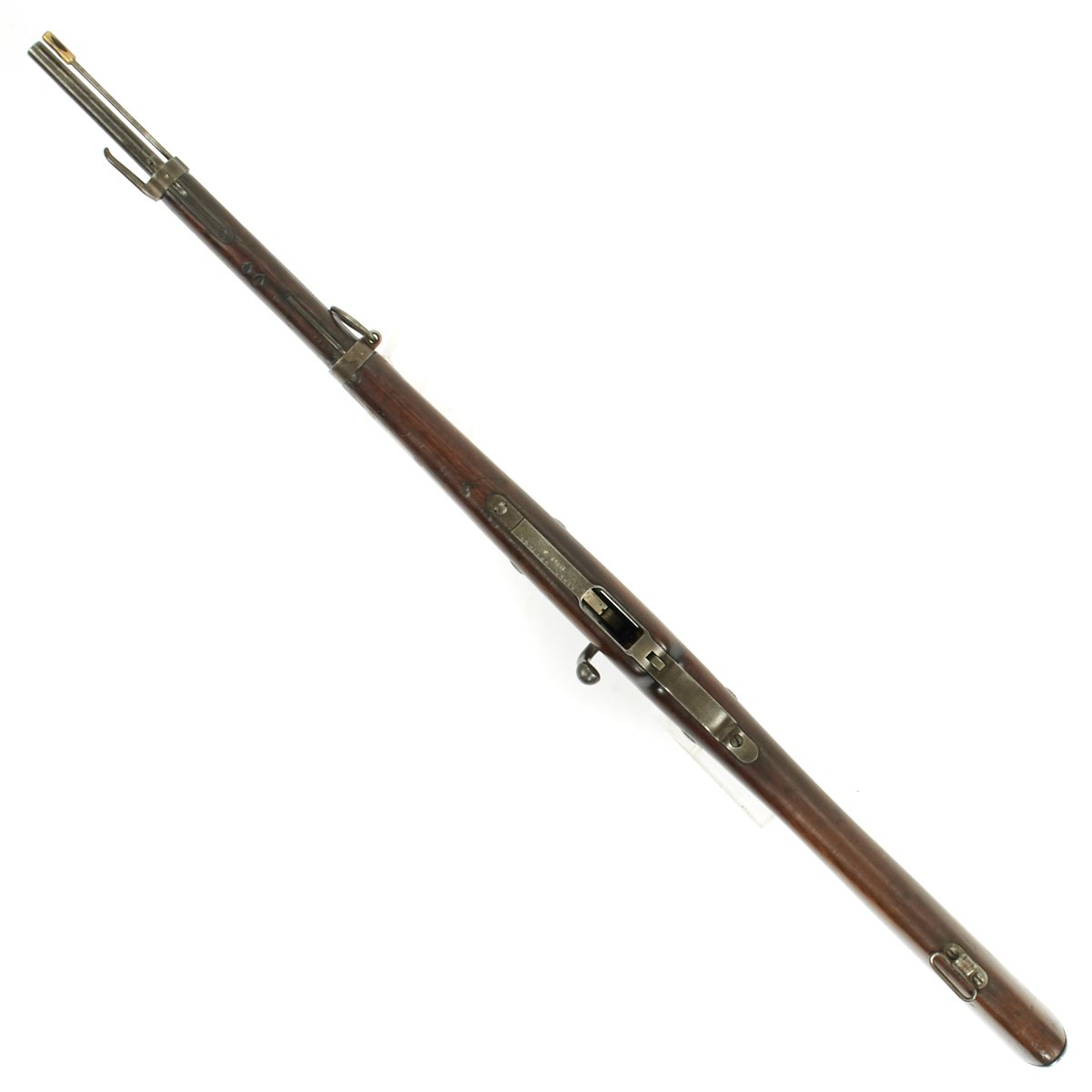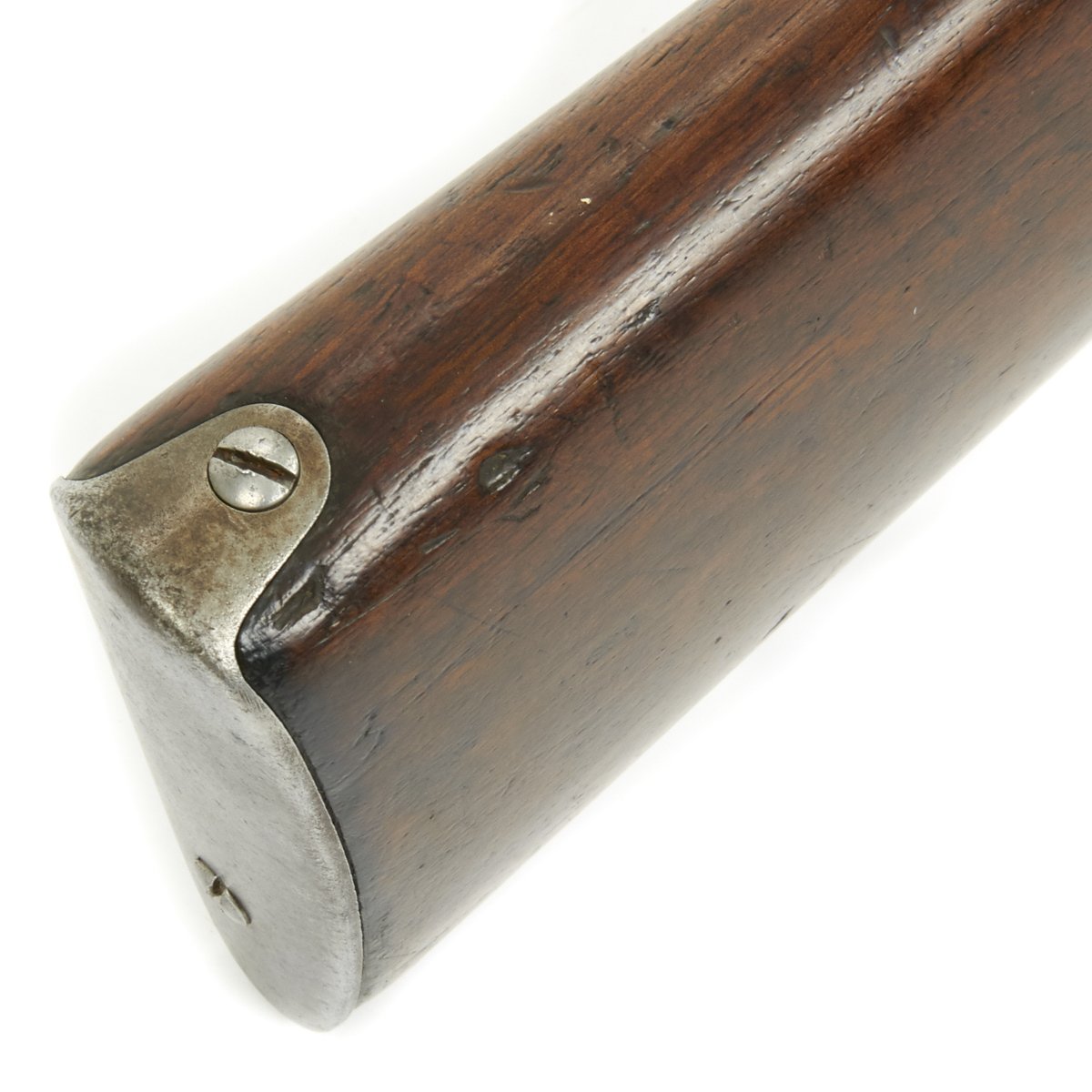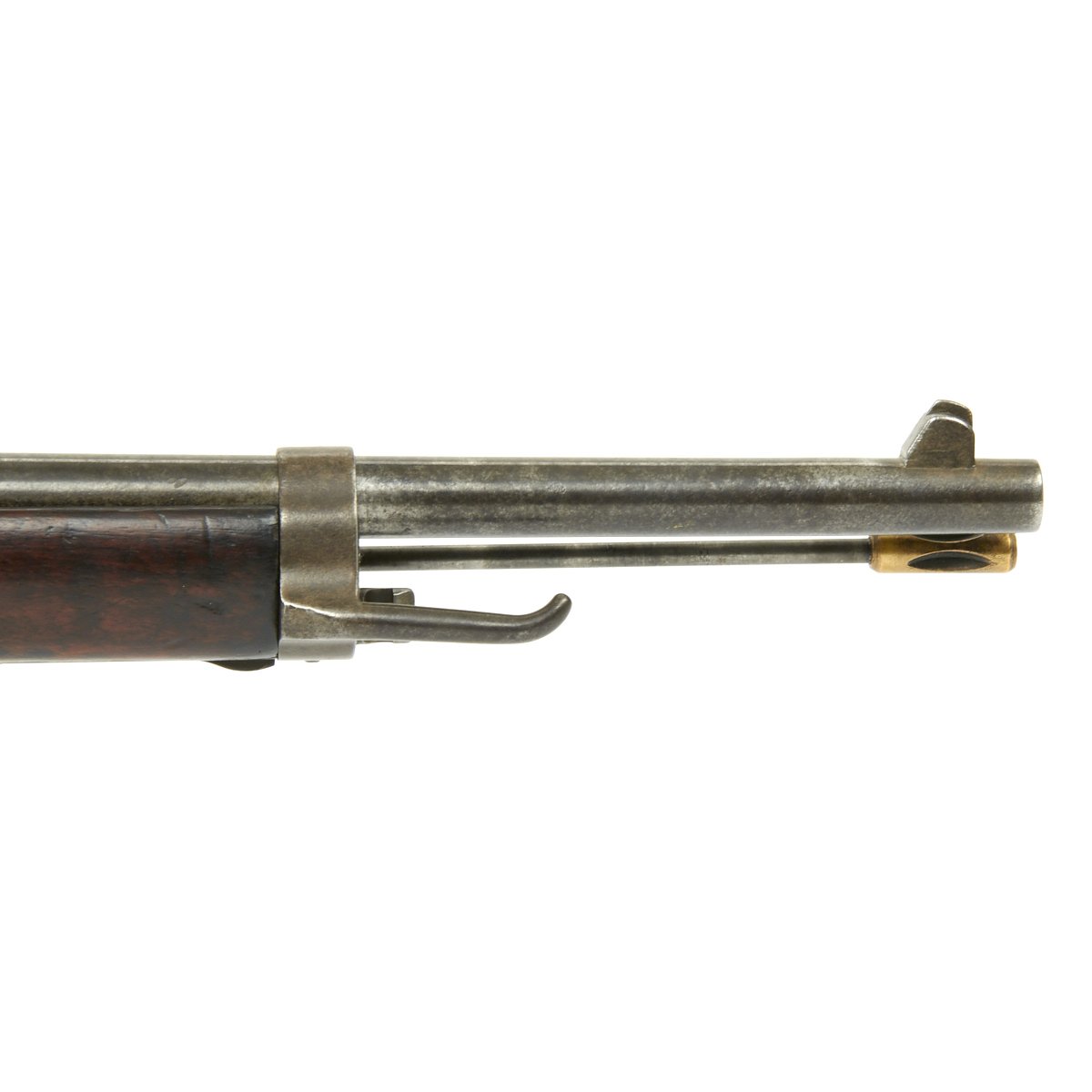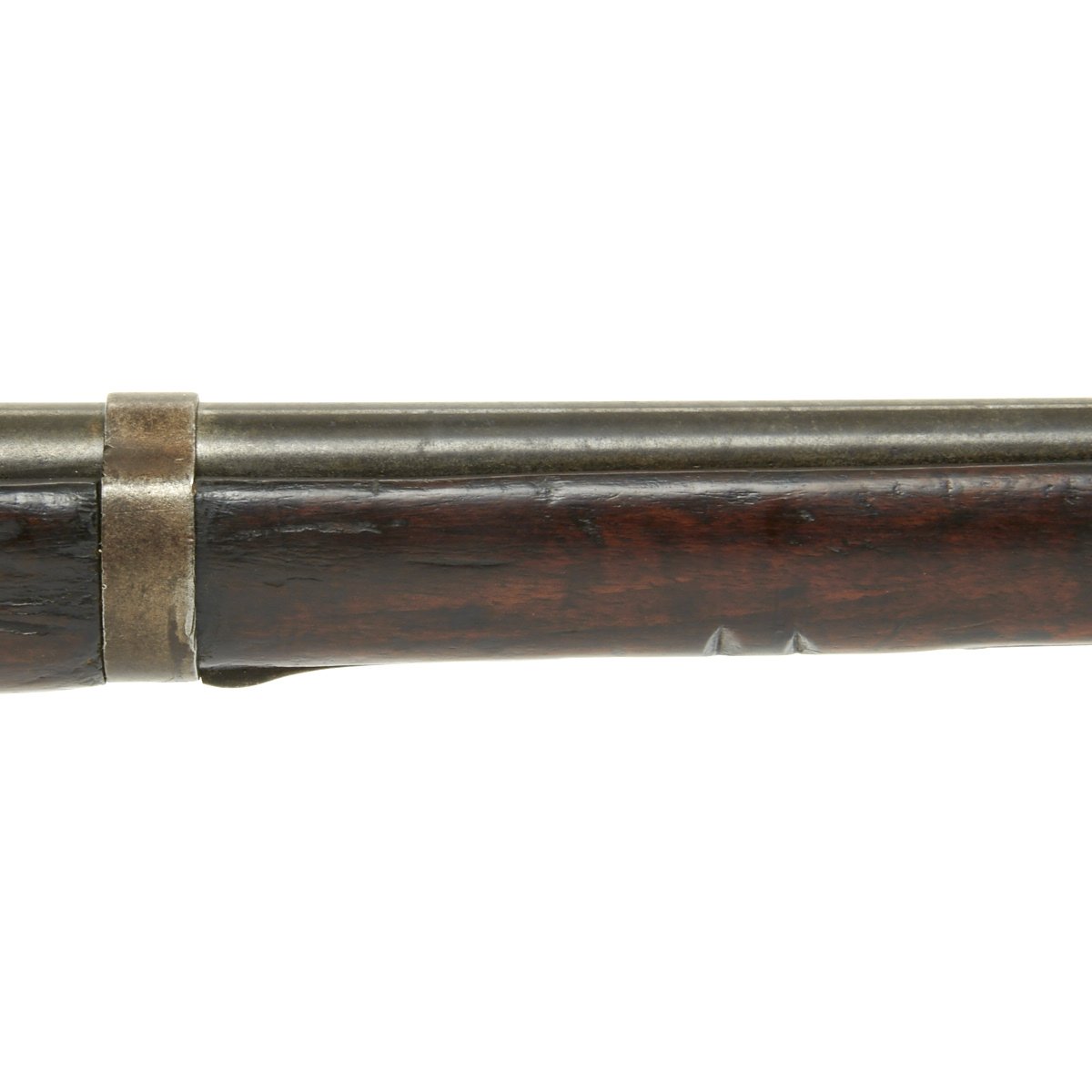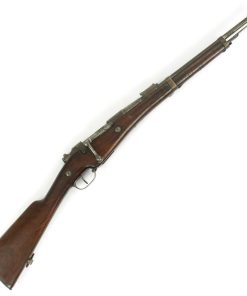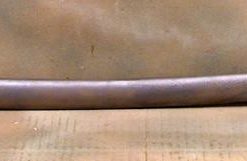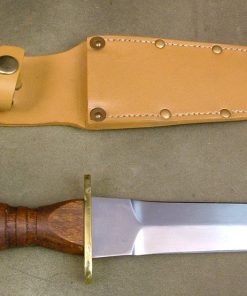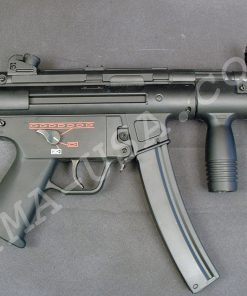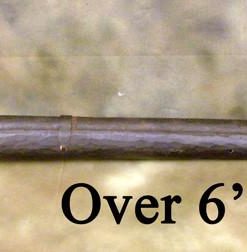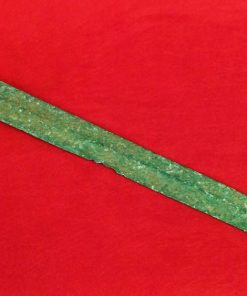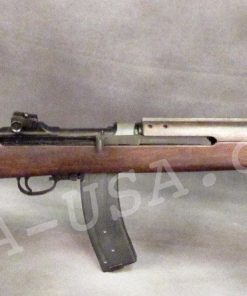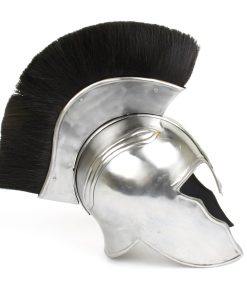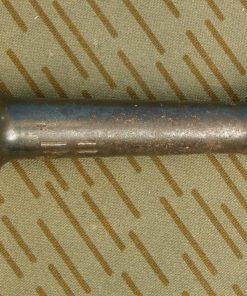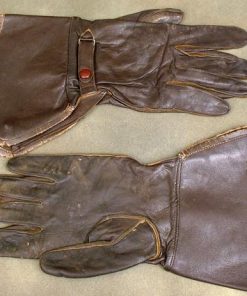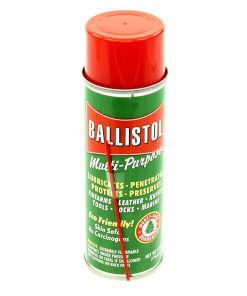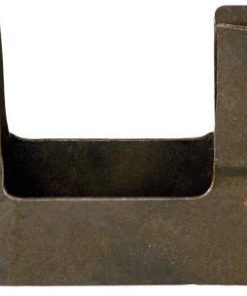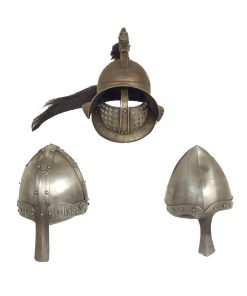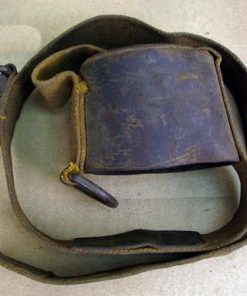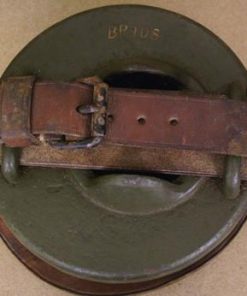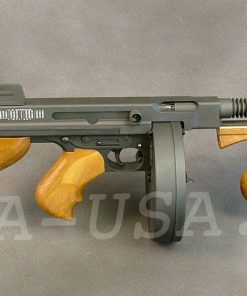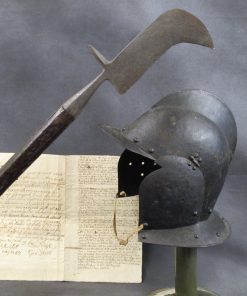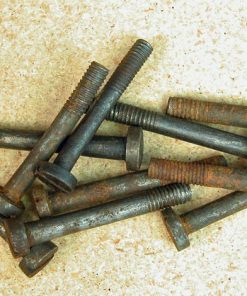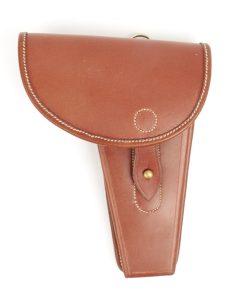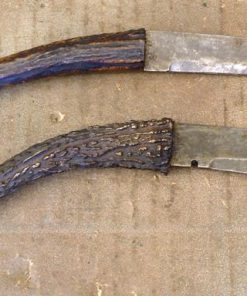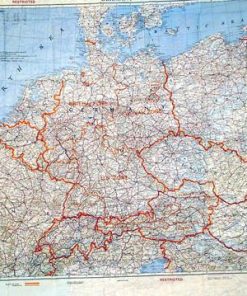Original French Mousqueton Mle 1892 Berthier Artillery Carbine made at St. Étienne – dated 1894 Original Items
$ 795,00 $ 238,50
Original Item: Only One available. These are now very unusual to encounter especially those ANTIQUE ones, as this one is made prior to 1899. In 1886 the French reduced the Cartridge size the 8mm Lebel from the 1874 Gras size of 11.59mm much like the British changing from .450 cal to .303 caliber and the Germans from 11mm of the Mauser M-71 to the Gew 88 of 7.92mm. The first rifle to use this cartridge was the Lebel Model 1886 rifle.
The Lebel, a revolutionary concept at the time of its introduction because of its smokeless high-velocity, small-caliber cartridge, unfortunately still used a tube-fed magazine and other details carried over from black-powder designs. This, along with magazine feeding and loading issues, made it completely unsuitable for use on horseback, so a replacement was needed, and fast.
The Berthier Carbine was introduced as this much needed Cavalry replacement for the Lebel. The Berthier design began as the “Mousquetons Berthier” – a series of bolt-action cavalry and artillery carbines with distinctly different actions from the Mle 1886/M93 8mm Lebel rifle. For instance, the Berthier carbine’s bolt lugs lock vertically into the receiver instead of horizontally as in the Lebel rifle. Berthier carbines were first issued in 1890 and 1892, and had been designed by Emile Berthier, an engineer at the French Algerian Railways,to be used with standard 8mm Lebel ammunition.
The Berthier design was introduced as a replacement for the various aging Mle 1874 Gras single-shot carbines – still standard for French cavalry, artillery, and gendarme forces even after the introduction of the Mle 1886/M93 Lebel. Prior experiments with several carbine versions of the Lebel action proved unacceptably heavy and slow to load while on horseback. While retaining most of the action’s strong points, the Berthier carbine improved on the earlier Mle 1886 rifle by using a one-piece stock and a Mannlicher-style, charger-loaded en bloc 3 shot clip. These Berthier carbines were progressively allocated to all cavalry, artillery and gendarmerie troops during the 1890s.
Berthier’s design for the original carbine was adopted in 1890 as the Mle 1890, utilizing a 3-round en-bloc clip. The small 3-shot magazine capacity was adopted after field testing, where the cavalry expressed a preference for a non-protruding magazine that did not interfere with the balance or handling of the rifle. The first Berthier carbine came into production as the “Carabine de Cavalerie Modèle 1890”, which was officially adopted for service on March 14, 1890. The main production facilities were the Manufacture d’Armes de St Etienne or MAS and the Manufacture d’Armes de Chatellerault or MAC.
The search for a suitable small arm for mounted troops was given greater urgency by the Germans’ development of the Karabiner Modell 1888, a carbine variant of the Gewehr 1888. It was issued to essentially all French artillery and cavalry troops. As the high Command appreciated the performance of the Mle 1890 Berthier carbine, a second version was specifically produced for artillery service, the ” Mousqueton Mle 1892″ which could mount a short blade bayonet and thus had a re-designed forend stock. However it continued to feature the 3-round En-bloc clip of the Model 1890 carbine.
This is a fine example of the Mle 1982 “Musketoon” artillery carbine, with an very nice condition bore. It has clear lands and grooves, with a mostly bright finish. The receiver is marked St. Etiénne MLE1892, indicating manufacture at the Government Arsenal at Saint-Étienne. From this time forward the arsenal began to be known by the abbreviation MAS, for Manufacture de Armes St. Etienne. The rifle has an issue date stamped into the barrel of MA S 1894. It comes with all original steel mounts and correct brass-tipped cleaning rod. Most fittings bear the correct government proof marks, though some are worn. Overall metal finish is a nice worn gray, typical for a rifle that had a long service life.
The serial number marked on the side of the chamber is C 36856, which matches the number on the stock, bolt body, bolt head, and magazine floor plate/trigger guard. This rifle does not appear to have had any parts replaced, as far as we can tell. There are some markings added with an electric pen, such as 8MM next to the date, and a name on the magazine floor plate. It also still retains the large “saddle ring” a holdover from the cavalry model, and used to secure the weapon, sometimes with a sling, as the carbine still had a butt stock swivel.
The stock is in good condition, though it does appear to have been sanded and refinished. There are also some gouges on the front right forestock, and overall it has seen a lot of use. It has traces of the usual round cartouche on the right side of the butt stock, however it is very faint, so it is not legible at all. Great color and an excellent finish overall.
Mechanically, the rifle functions perfectly, and is fully cleaned and ready to display.
Specifications-
Year of Manufacture: 1894
Caliber: 8×50mmR Lebel
Cartridge Type: Centerfire Cartridge
Barrel Length: 17.83 Inches
Overall Length: 37.20 inches
Action type: Bolt-Action
Feed System: 3 round En-Bloc clip fed Magazine
Note: This gun is NOT considered obsolete calibre, so we are no able to ship to the United Kingdom. Please note that for international shipping, these MUST be shipped using UPS WW Services.
Fast Shipping with Professional Packaging
Thanks to our longstanding association with UPS FedEx DHL, and other major international carriers, we are able to provide a range of shipping options. Our warehouse staff is expertly trained and will wrap your products according to our exact and precise specifications. Prior to shipping, your goods will be thoroughly examined and securely secured. We ship to thousands clients each day across multiple countries. This shows how we're dedicated to be the largest retailer on the internet. Warehouses and distribution centres can be located throughout Europe as well as the USA.
Note: Orders with more than one item will be assigned a processing date depending on the item.
Before shipping before shipping, we'll conduct a thorough inspection of the items you have ordered. Today, the majority of orders will be delivered within 48 hours. The delivery time will be between 3-7 days.
Returns
The stock is dynamic and we cannot completely manage it because multiple stakeholders are involved, including our factory and warehouse. So the actual stock may alter at any time. It's possible that you may not receive your order once the order has been made.
Our policy is valid for a period of 30 days. If you don't receive the product within 30 days, we are not able to issue a refund or an exchange.
You can only return an item if it is unused and in the same state as the day you received it. You must have the item in its original packaging.
Related products
Uncategorized
Uncategorized
Uncategorized
Uncategorized
Uncategorized
Armoured Fighting Vehicles of the World: AFVs of World War One (Hardcover Book) New Made Items
Uncategorized
Australian WWII Owen MK1 Machine Carbine SMG Custom Fabricated Replica with Sling Original Items
Uncategorized
Uncategorized
Uncategorized
Uncategorized
Uncategorized
Angolan Rebel 1970s era 60mm Inert Display Mortar from Angolan Civil War Original Items
Uncategorized
Uncategorized
Uncategorized
Armored Burgonet Helmet & Polearm from Scottish Castle Leith Hall Circa 1700 Original Items
Uncategorized
Uncategorized
Uncategorized
Uncategorized
